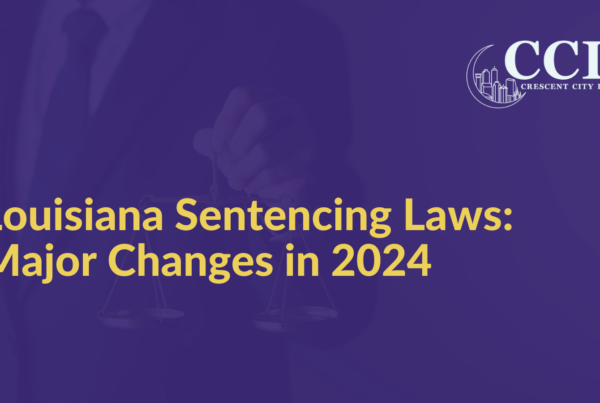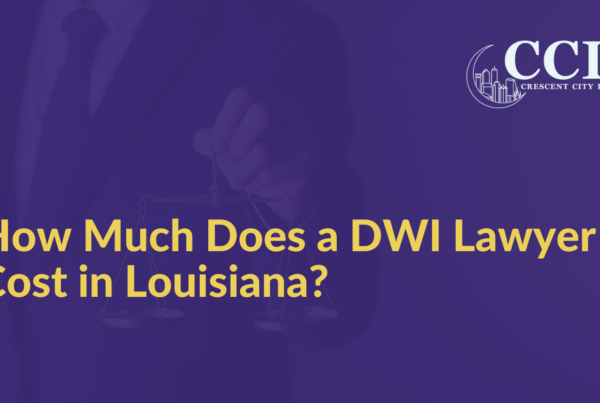As the Internet becomes more vital to our everyday lives, as computers become a necessity in life, and as we move towards saving files on a ‘cloud system’ rather than on our computer’s hard drive, the security of our personal files are has losing their security. This is a scary thought, right? As a matter of fact, as we increase the number of interactions with our computers, the higher we are putting ourselves at risk for a breach of security. Interactivity of all levels over a computer-based system produces a data stream, and this data stream can be captured and used for all sorts of different reasons that were probably not the initial intention. Because of this, privacy is one of the most important controversies behind interactive online systems, and something that we will continue to hear about in the media and government.
Why Do Laws Prohibit My Privacy?
In 2001, the USA PATRIOT Act was passed into law following the 9/11 attacks. In 2011, the PATRIOT Sunset Extension Act was signed into law and included a four-year extension of three key provisions in the original Act: roving wiretaps, searches of business records, and conducting surveillance of potential individual terrorists. As a result of these Acts, persons and businesses are subject to search without the owner’s or occupant’s knowledge and permission, which expand’s the FBI’s ability to search telephone, e-mail or financial records without a court order, and expanded access of these government law enforcement agencies to business, library and financial records.
What is Digital Encryption?
Digital encryption is turning digital information like your Internet data streaming, into code that can only be decoded by the entity that was supposed to receive the information. There are programs now that exist that can turn digital information into code that is extremely difficult to break unless a “key” is used. A wide variety of people believe that digital encryption is the only true guarantee of privacy in the information age. If this is the truth, then how do we maintain our own privacy over the Internet? Think about who else has access to your e-mails and files? Webmail services such as Gmail, Internet service providers like Cox Cable, and anyone else that might be using the same fiber optic cable as you are.
Using an Encryption Service to Protect Your Privacy
If you are using a Cloud service to back up your files, applications, photos, or any other data, then you should look into the Security section of your Cloud service’s website. For example, iCloud, Apple’s Cloud service, ensures that data is encrypted when it is sent over the Internet and stored it in an encrypted format when kept on their servers. In order to access the data, there are secure tokens required for authentication. This means that your data is being protected from anyone other than you or Apple while the data is being transmitted to your devices as well as when it is being stored. Another example of a service using data encryption is Verizon. The Verizon Data Protection Pak helps to keep millions of e-mails that are sent daily from unauthorized viewing, similar to the Cloud services. Verizon offers special Verizon Encrypted Mail and Verizon Encrypted Docs that can be purchased together and are specifically transferred and stored as encrypted files on their servers, also required an authorization key to view the data.
What Other Options Do I Have For Protecting My Privacy On the Internet?
In addition to encryption services to encrypt your data, there are other steps you can take to ensure that you are protecting your own privacy from the outside world. If you travel extensively, you might want to consider a service like The Onion Routing project, “TOR” for short. This service helps make your traffic anonymous by bouncing activity through a network of routers before it reaches the final destination. Therefore, you cannot be easily tracked by your ISP or possibly the government. Big Brother is already aware of sites like TOR, so it is only a matter of time before they begin to restrict or control access to them. Using you cell phone leads to all sorts of privacy breaches. If you are using a smartphone then you probably have a GPS tracking device already installed on it. Additionally, it’s not a very safe tool for any information you want to store and keep private at the same time. Your cell phone is pretty public knowledge between the cell phone maker, the software developer, and the network provider; not to mention any government trackers. If you want to ensure a more private life, then consider ditching your cell phone or at least using it as sparsely as possible.
Living in a World of Security
There are many reasons to believe that although we, as persons and businesses, are being protected by our government and the laws they enact, there is another side to the coin and that is our personal privacy. Has this become a world without privacy? Are we giving up our personal privacy to ensure that the safety of our nation as a whole is protected? Do you feel that you are being violated every time you communicate over any other method other than face to face interaction? I would love to hear your thoughts.





